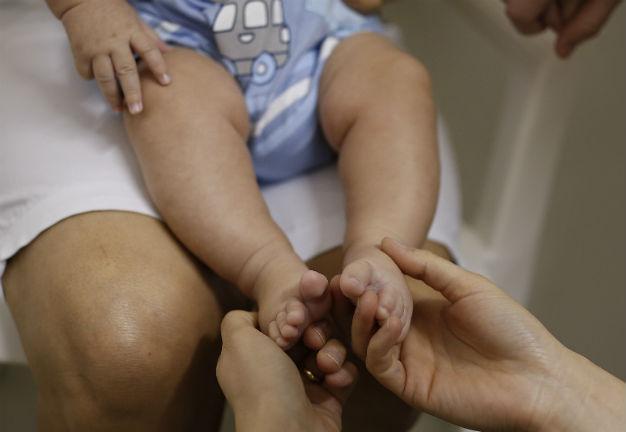Zika can trigger severe neurological disorder, says study
PARIS – Agence France-Presse

AP photo
Scientists on March 1 said they had confirmed that the Zika virus sweeping Latin America and blamed for severe birth defects can also trigger a dangerous neurological disorder.In a study published in the medical journal The Lancet, a team probed Zika’s suspected role in a 2013-2014 outbreak in French Polynesia of Guillain-Barre syndrome (GBS) - a rare condition in which the body’s immune system attacks a part of the nervous system that controls muscle strength.
Research into patients who fell ill with GBS, supported by blood tests, proved that the mosquito-borne virus was the culprit, they said.
“This is the first evidence for Zika virus causing Guillain-Barre syndrome,” the study said.
The syndrome - which can also be caused by bacterial infections as well as the dengue and chikungunya viruses - provokes muscle weakness in the legs and arms.
In rich nations, GBS is lethal in about five percent of cases, and another five percent suffer lasting disabilities. More than a quarter of patients require intensive care.
With 1.5 million cases of Zika infection already recorded in Brazil, and tens of thousands in neighboring countries, researchers warn that an outbreak of Guillain-Barre could strain healthcare facilities, especially outside of big cities.
“In areas that will be hit by the Zika epidemic, we need to think about reinforcing intensive care capacity,” said Arnaud Fontanet, a co-author of the study and a professor at the Emerging Diseases Epidemiology Unit of the Institut Pasteur in Paris.
“We know that a certain number of those patients are going to develop GBS, and 30 percent of them are going to need intensive care, especially for assisted breathing,” he told AFP.
By itself, Zika is no more threatening than a bad cold or a mild case of the flu. Sometimes there are no symptoms at all.
But the rapidly expanding virus - present in nearly four dozen countries, according to the World Health Organization (WHO) - is suspected to be the cause a sudden increase in cases of neonatal microcephaly, a severe deformation of the brain and skull among newborns.
















